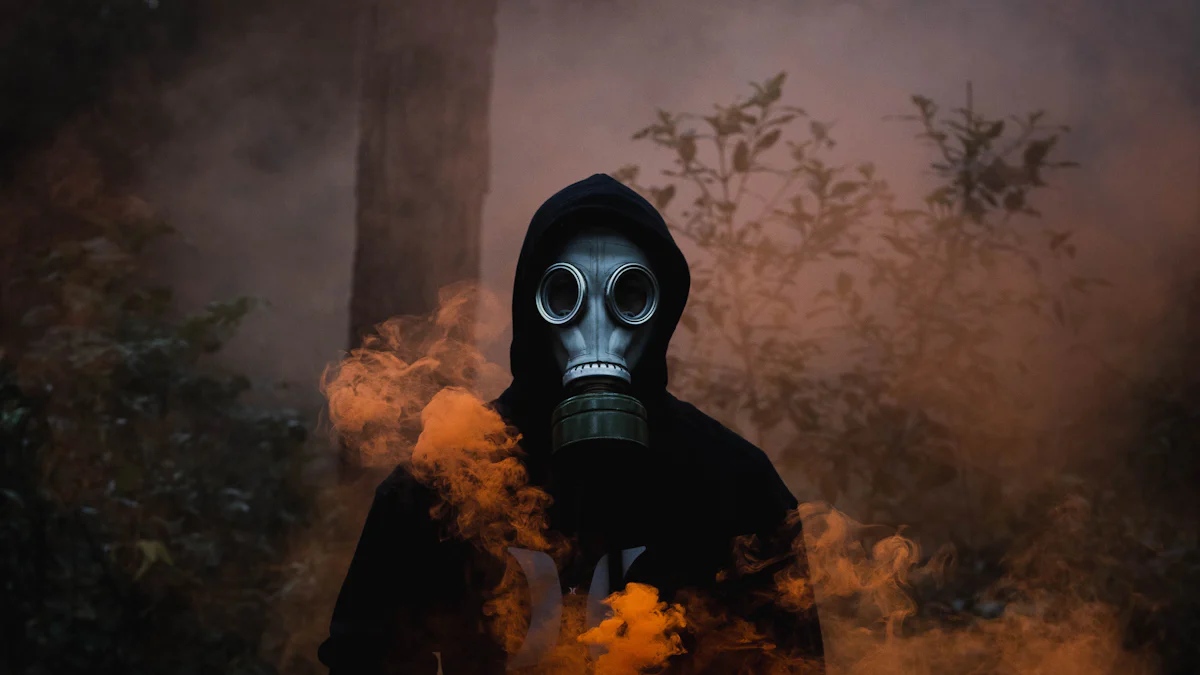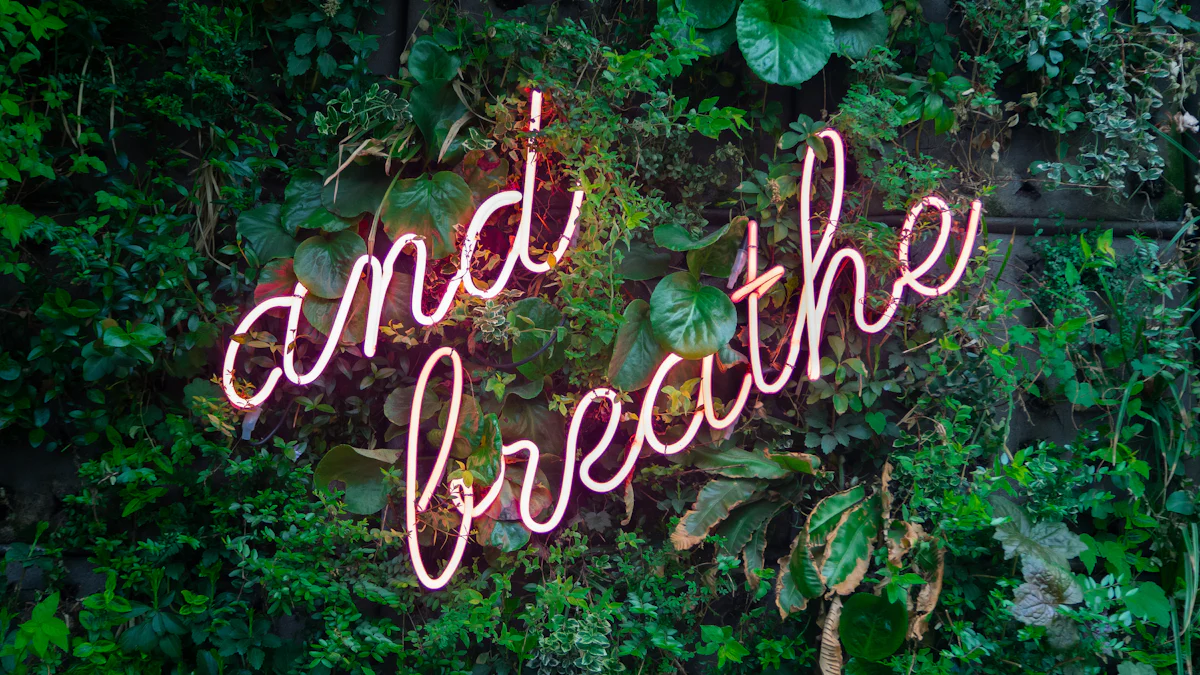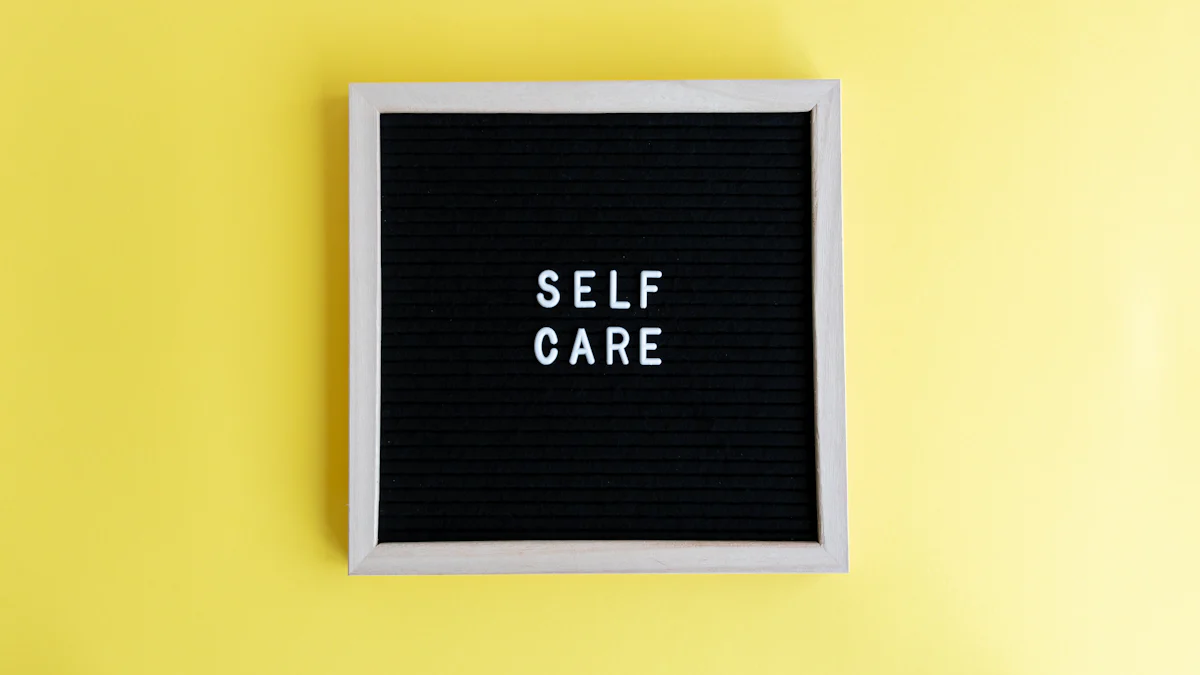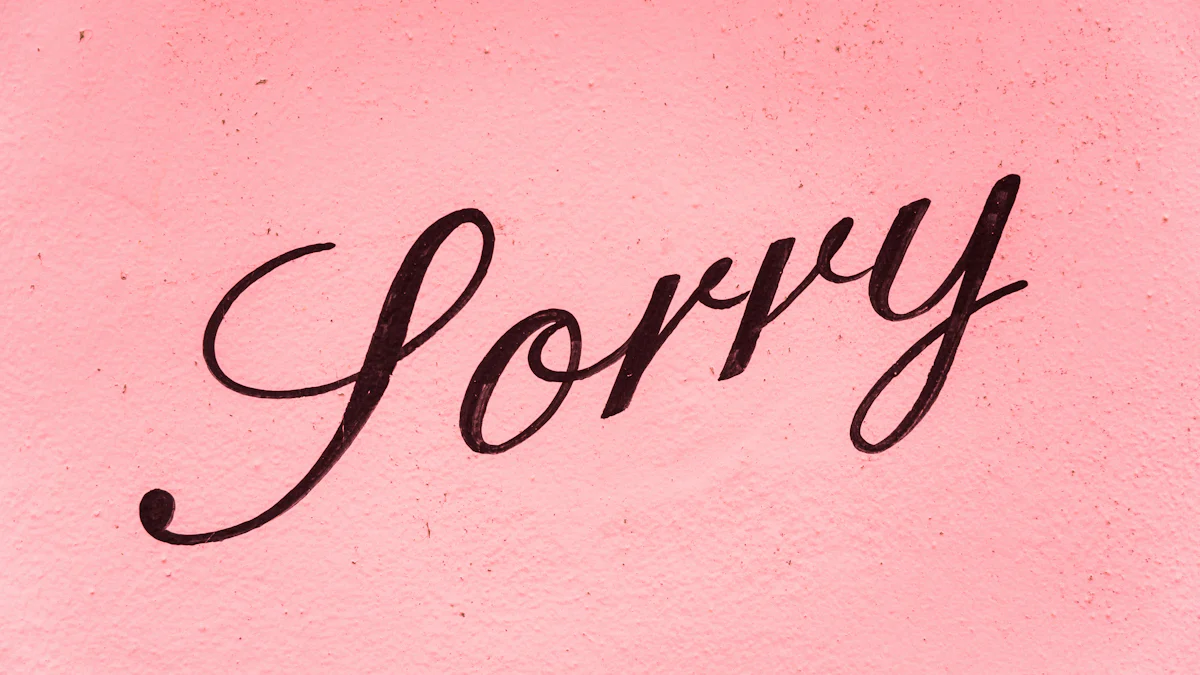Recognizing Toxic Friends

When it comes to identifying toxic friends, Selfish Behavior, Constant Criticism, and Manipulation are key signs that you should pay attention to. These behaviours can slowly erode your sense of self-worth and leave you feeling drained. Toxic friends who exhibit selfish behavior often prioritize their needs above yours, making you feel undervalued and unimportant. Constant criticism from a friend can chip away at your confidence and create a negative atmosphere around you. Manipulative friends may use subtle tactics to control or influence your decisions, leaving you feeling manipulated and unsure of yourself.
The impact of toxic friendships on your mental health cannot be overstated. Emotional Drain is a common consequence of being in a toxic friendship, as these relationships tend to be one-sided and draining. You may find yourself constantly giving without receiving much in return, leading to emotional exhaustion. Additionally, toxic friends can contribute to Stress and Anxiety in your life by creating tense or uncomfortable situations that leave you feeling on edge.
In contrast, healthy friendships are built on a foundation of Trustworthiness, where you can rely on your friends to be honest, dependable, and loyal. A trustworthy friend will have your best interests at heart and support you through both good times and bad. Similarly, Support and Loyalty are essential qualities of a good friendship. A supportive friend will lift you up when you’re feeling down, celebrate your successes, and stand by your side, regardless of what challenges come your way.
Recognizing the signs of toxic friendships is the first step towards reclaiming your mental well-being and surrounding yourself with positive influences. By understanding the impact of selfish behavior, constant criticism, and manipulation on your mental health, you can take proactive steps to protect yourself from these negative influences.
Steps to Break Up
Self-Reflection
To assess the friendship, take a moment to reflect on your interactions. Consider 10 Signs of a Toxic Friend and How to Break Up With Them the Right Way. Evaluate if the relationship brings positivity or negativity into your life. Identify your personal needs and how they align with the dynamics of the friendship.
Assess the Friendship
Reflect on experiences and interactions with your friend. Look for patterns of behavior that align with toxic traits. Consider whether the friendship is mutually beneficial and supportive. Acknowledge any red flags that may indicate a toxic relationship.
Identify Personal Needs
Recognize your emotional boundaries and what you require from a healthy friendship. Prioritize your well-being and mental health in this self-reflection process. Understand that it is okay to prioritize yourself and seek relationships that uplift and support you.
Prepare for the Conversation
Before confronting your friend, seek advice from trusted individuals who can provide perspective and guidance. Reflect on your thoughts and emotions regarding the friendship to articulate them clearly during the conversation.
Seek Advice
Reach out to friends, family members, or mentors who can offer unbiased advice. Share your concerns and listen to their insights on navigating challenging relationships.
Write Down Thoughts
Organize your thoughts by writing down key points you want to address during the conversation. Express yourself honestly and assertively, while maintaining respect for both you and your friend.
Confront the Friend
Approach the conversation with honesty and transparency, focusing on expressing your feelings and setting clear boundaries within the relationship.
Be Honest
Communicate openly about how you feel in the friendship, without blaming or accusing your friend. Share your perspective authentically while being considerate of their feelings.
Set Boundaries
Establish clear boundaries moving forward based on what you need from the friendship. Clearly communicate these boundaries to ensure mutual understanding between both parties.
Create Distance
When establishing distance from a toxic friend, it’s essential to Limit Contact and prioritize your well-being. Begin by gradually reducing the frequency of interactions with them. This step allows you to create space for healthier relationships to flourish and protects your mental health. By limiting contact, you can focus on nurturing positive connections that uplift and support you.
To effectively limit contact, consider setting boundaries around communication and social interactions. Choose to engage in activities that bring you joy and fulfillment while distancing yourself from toxic influences. Prioritize spending time with friends who value and respect you, fostering a supportive environment that promotes emotional wellness.
In addition to limiting contact, Focus on Self-Care is crucial during this transition period. Dedicate time to activities that nourish your mind, body, and soul. Engage in self-care practices such as meditation, exercise, or hobbies that bring you happiness. By focusing on self-care, you prioritize your well-being and cultivate a positive relationship with yourself.
Remember, creating distance from a toxic friend is an act of self-love and empowerment. Embrace this opportunity to prioritize your mental health and surround yourself with positivity.
Moving Forward

Emotional Wellness
Surround Yourself with Supportive Friends
Embrace the company of those who uplift and encourage you. Choose friends who inspire positivity and stand by your side through thick and thin. Surrounding yourself with supportive individuals cultivates a nurturing environment for your emotional well-being. Their presence will bring joy, comfort, and a sense of belonging to your life.
Engage in Positive Activities
Fill your days with activities that spark happiness and fulfillment within you. Engaging in positive endeavors nourishes your soul and uplifts your spirits. Whether it’s pursuing a hobby you love, volunteering for a cause close to your heart, or simply spending time in nature, these activities contribute to your overall well-being. By focusing on positivity, you invite more light and joy into your life.
It’s crucial to acknowledge that ending a friendship, even a toxic one, is not an easy decision to make. You may have a long history with this person, or you may feel a misplaced sense of loyalty or fear of being alone. These emotions can make it difficult to take the necessary steps towards ending the friendship. However, it is important to prioritize your well-being and mental health above all else.
One effective strategy for ending a toxic friendship is to gradually decrease contact with the person. This can involve setting boundaries and limiting your interactions with them. For example, you can choose to respond less frequently to their messages or decline invitations to spend time together. By creating distance, you can gain perspective and evaluate the impact the friendship has on your mental and emotional well-being.
It’s essential to remember that ending a toxic friendship is not a reflection of your worth or character. It is a courageous step towards prioritizing your own mental health and well-being. By setting boundaries and removing toxic influences from your life, you create space for positive and nurturing relationships to flourish.
Future Relationships
Recognize Healthy vs. Toxic Friendships
Be mindful of the qualities that define a healthy friendship. Look for friends who value honesty, respect boundaries, and support your growth. Recognizing the difference between healthy and toxic relationships empowers you to choose connections that nurture your soul. Prioritize friendships that bring out the best in you and create a positive impact on your life.
Maintain Boundaries
Establish clear boundaries in all your relationships to safeguard your emotional wellness. Communicate openly about what you need from others and respect their needs in return. Setting boundaries ensures mutual understanding and promotes healthy interactions with those around you. By maintaining boundaries, you create space for respectful and fulfilling relationships to thrive.
- Recap the necessity of terminating toxic friendships: Acknowledge the significance of parting ways with negative influences to safeguard your well-being and emotional health.
- Prioritize mental wellness: Embrace the journey of self-care and surround yourself with supportive individuals who uplift and inspire positivity in your life.
- Final thoughts on fostering healthy relationships: Choose connections that nurture your soul, maintain clear boundaries, and prioritize friendships that bring out the best in you.
To Wrap Up
Recognizing and addressing toxic friendships is an essential step towards improving our mental health and overall well-being. By understanding the signs of toxic friendships and their negative impact, we can take proactive measures to protect ourselves and nurture healthier relationships. Setting boundaries and decreasing contact with toxic friends is crucial for our self-care and personal growth.
It is also important to surround ourselves with supportive and resilient individuals who uplift us and contribute positively to our lives. By ending toxic friendships, we create space for healthier connections and pave the way for better mental health. Remember, it is never too late to prioritize our well-being and choose relationships that bring out the best in us. Letting go of toxic friendships is a courageous act of self-love and a step towards a happier and more fulfilling life.






